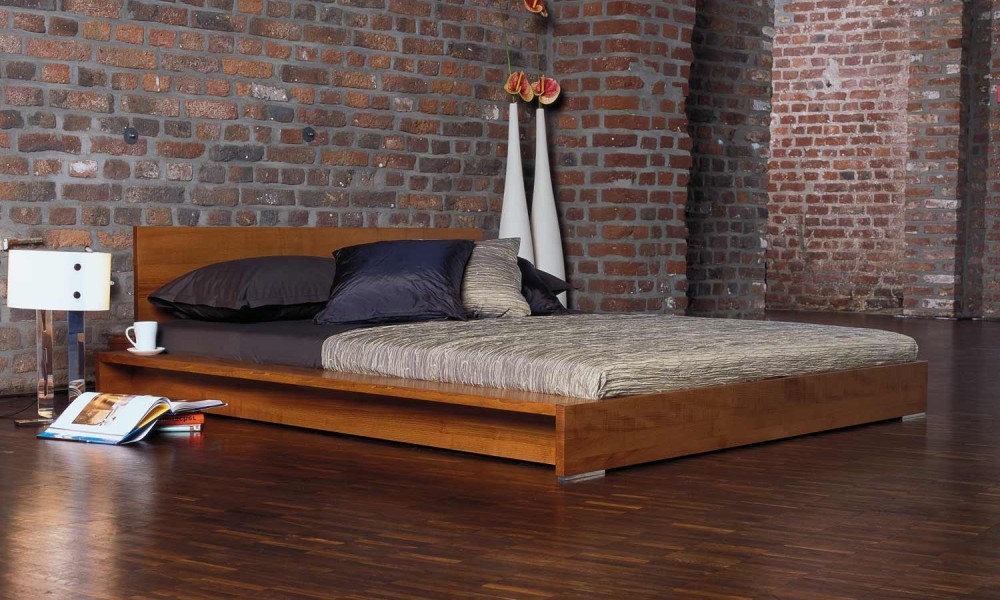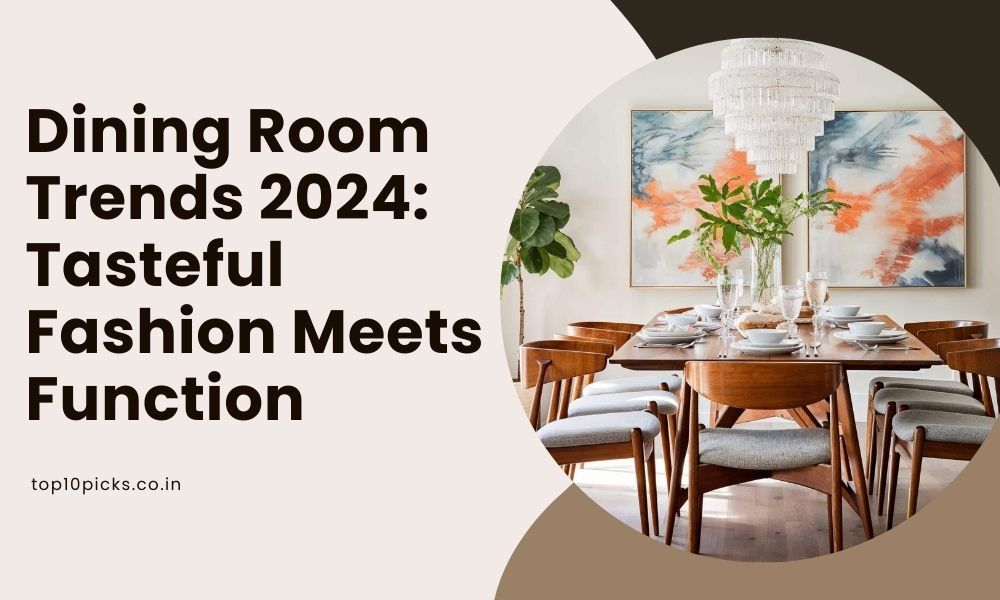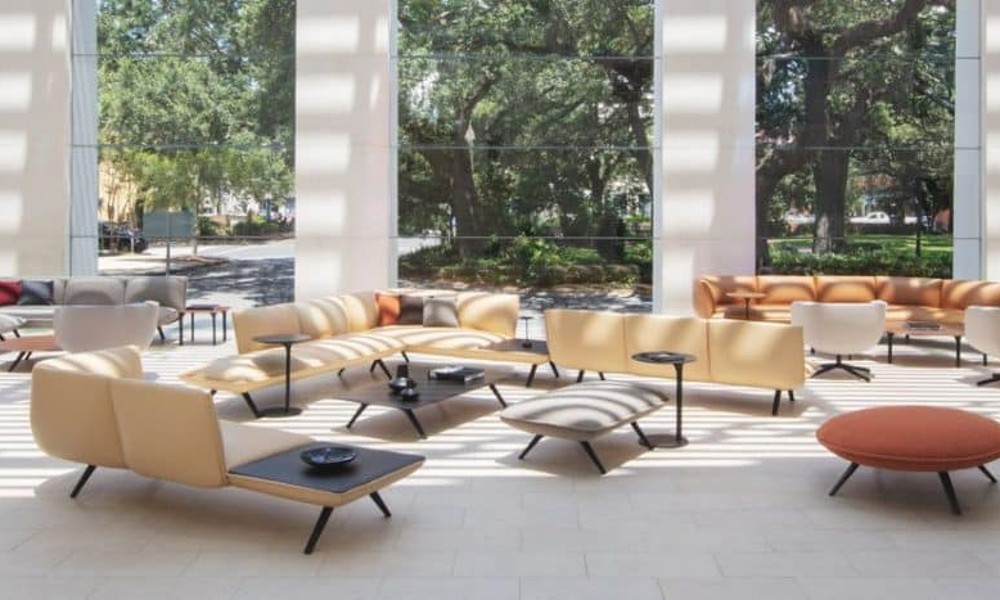
.jpg)

Furniture Fiesta Life & Culture
LIFE AND CULTURE SHOPPING TRENDS HOME TOURS DESIGN DECORATING

In 2024, office design trends prioritize social responsibility, employee well-being, and biophilic elements, fostering intentional spaces that adapt to hybrid work models and enhance productivity.
As we approach the conclusion of 2023, we welcome a new year while bidding farewell to traditional office norms. While several trends from previous years will persist into 2024, we anticipate a significant shift in focus. The forefront of office design trends emphasizes the strategic utilization of spaces by companies, their dedication to social responsibility, and the enhancement of amenities for employees. Many of these trends, previously considered emerging, are now taking center stage in cutting-edge design philosophies.
With the widespread adoption of hybrid work models and increased emphasis on employee well-being, companies are redefining their approaches beyond mere operations. Initiatives aimed at facilitating the return to the office and the creation of enriching experiences for employees are reshaping priorities for both companies and their workforce. But how does this transformation influence the realm of office furniture?

For some time, companies have recognized the importance of social responsibility, manifesting through various initiatives and operations. This commitment is now extending into office design, with sustainability emerging as a prominent focus. While sustainability often brings to mind renewable energy sources like solar power, companies are also acknowledging the significance of selecting environmentally conscious furniture.
When configuring employee workspaces, the increasing importance of sustainable sourcing, material transparency, and the utilization of recycled materials should be considered. Additionally, maximizing natural light within office spaces not only reduces energy costs but also enhances mood, productivity, and overall well-being.

As companies navigate the aftermath of the COVID-19 pandemic, prioritizing employee well-being remains paramount. One approach to easing the transition back to the office is by offering amenities and perks that rival those enjoyed during remote work. From wellness pods to gym facilities, companies aim to curate experiences that enhance employee satisfaction and engagement.
Integration of advanced technologies, including AI, further augments the office environment, streamlining tasks and improving efficiency. By investing in employee well-being, companies strive to make the return to the office a more appealing prospect.

The debate surrounding office layouts has persisted since the days of cubicle-centric designs. Modern layouts prioritize openness, fostering collaboration and innovation. Two notable trends in office layouts are the emergence of work resorts or office hotels and the continued popularity of hybrid layouts.
Work resorts prioritize comfort and tranquility, offering amenities such as well-appointed rest areas and outdoor seating zones. Hybrid layouts accommodate diverse employee needs, providing private, collaborative, and shared spaces. These layouts adapt to the evolving demands of hybrid and remote work arrangements.

Biophilic design, which integrates elements of nature into office spaces, is gaining traction in contemporary office design. From natural color schemes to indoor water features, this approach has been linked to increased productivity and creativity among employees. Incorporating biophilic elements, whether through textile patterns or outdoor spaces, fosters a connection with nature, promoting a sense of calm and well-being.
Office design plays a pivotal role in employee satisfaction and productivity, influencing where individuals choose to work. As research continues to inform design preferences and successful practices, office trends will evolve accordingly. As we enter 2024, these trends will become more pronounced, shaping office design with greater intentionality.